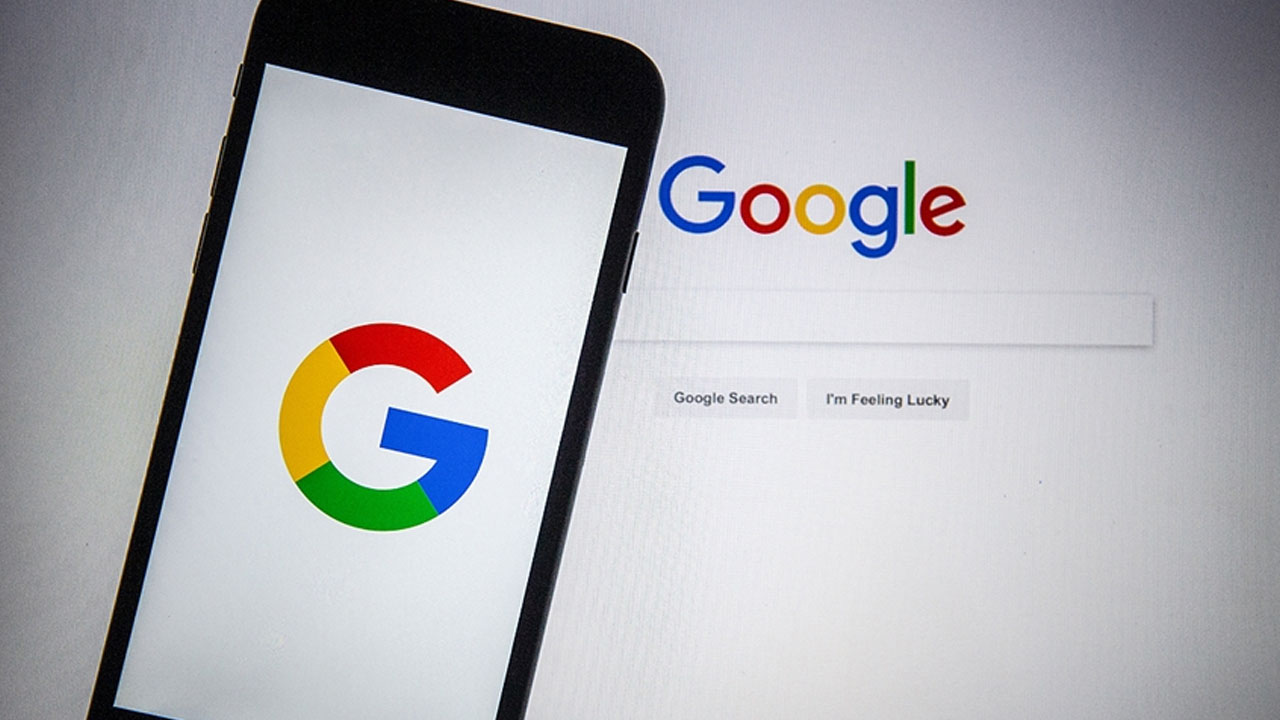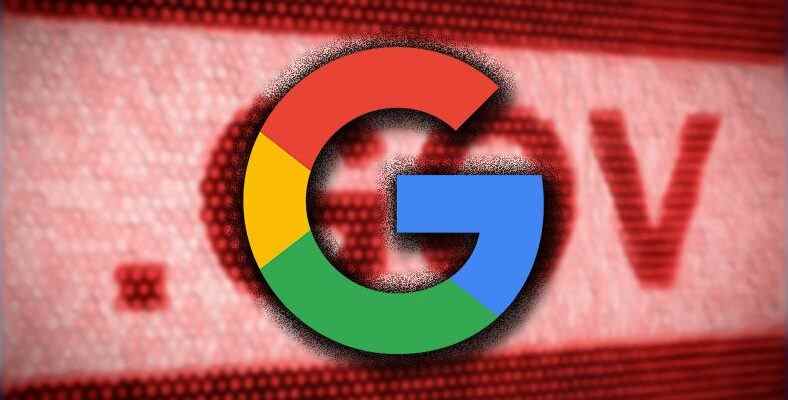Google specifically responded to the allegations of prioritizing any political party in the report it presented to the Parliamentary Digital Media Commission. The company has made it clear that they do not have a specific algorithm for Turkey.
Elections in the USA in 2016 all over the world Internet giants’ interference in elections started the discussion. During this period, it was proven that Facebook took actions in favor of Donald Trump and the company was punished. With this event, while anxiety about a similar event increased in all countries, one of these countries was Turkey.
The Digital Media Commission of the Grand National Assembly of Turkey hosted an important development in this regard today. Google, the biggest name of the internet, responded to some of the criticisms in the report it presented to the Commission.We do not have a specific algorithm for Turkey.” he declared.
Google, “Political biased?” answered the question:
Some MPsopposing views and opposing sites are given priorityResponding to the criticism, Google clarified this issue as follows:
“While our systems look for such measurable signals to assess relevance, they are not designed to analyze subjective concepts such as the perspective or political affiliation of a page’s content. We go to great lengths to create our products and enforce our policies in ways that do not take into account political leanings. Distorting results for political purposes harms our operations and goes against our mission to provide useful content to all our users.”
“Internet may be vulnerable to malicious elements for societies”

Answering the questions of lawmakers about how data algorithms work and what is eliminated, Google said that although the internet is a blessing for societies, organized propaganda and may be vulnerable to malicious elements stated. The company made the following statement in this regard:
“When our services are used to spread false or misleading information, our mission suffers. The details of how our processes work, in particular algorithms, involve delicate trade-offs, allowing bad actors to exploit this information.”
Google employs three strategies to combat disinformation:
in products and services fighting disinformation Making a statement on the issue, the company stated that their approach to this issue is based on three strategies. Google these strategiesbased on quality in the ranking system, neutralize malicious actors and provide more context to users” listed.
However, the company stated that they are handling the misinformation on the platform with the 4R principle. These principles are alsoremove content that violates our policies (remove), reduce recommendations for content that is close to infringement, highlight authoritative sources for news and information (raise), and reward trusted content creatorslisted as ”.
The algorithm cannot evaluate the intent of the creator who created a page:

“It only works by reading what’s on a page, it can’t judge the creator’s intent. However, many creators have tried to mislead our ranking algorithm with a number of practices that we view as a form of ‘spam’ in order to get more views and invest significant resources to detect it.”
“Algorithms can be fooled”
While Google addresses the challenges they face on the internet, most of the signals on which its algorithms rely, such as page text or link relationships, are provided by websites. can be manipulated declared that. The company continued its statement as follows:
“Websites can try to guess which signals Google is using and then try to ‘trick’ the algorithms by designing their pages based on those signals so they look more relevant or useful than they actually are. Such over-optimizations make existing signals noisier and less reliable over time. That’s why Google develops algorithms that take into account signals that serve to detect low-quality sites or try to detect certain practices that might make a site appear more relevant than it is.”
Google does not cooperate with any media:
Company, “With a particular newspaper or media website Do you have advertising cooperation? What is your response to the criticism about directing advertising revenue to a certain segment of the media?” He answered the question as follows:
“One of the key tenets of Google’s ranking mechanism is that search result rankings are not affected by ads. Google does not charge websites for inclusion in its index or for obtaining a certain ranking in search results. Such manipulation would undermine Google’s credibility, thereby undermining user trust and jeopardizing Google’s popularity with them.
Similarly, Google does not prioritize news pages or a specific web page. Google doesn’t show or monetize ads for the vast majority of searches. It doesn’t advertise in Google News or the news results tab in Google Search. Websites may place text ads on Google’s search results page in exchange for a payment to Google. However, this did not have any impact on Google’s ranking of organic search results.”
